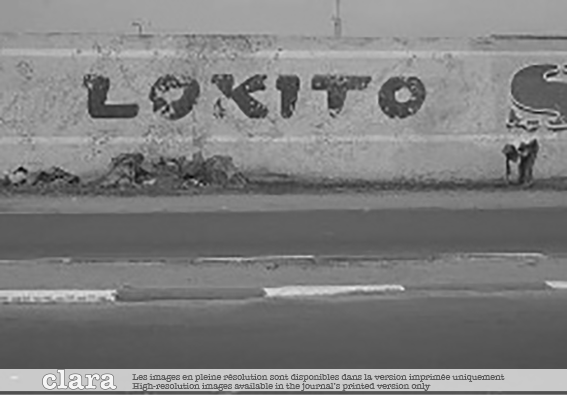NEW. SCHOOL. ARCHITECTURE
Main Article Content
Abstract
Transcript of the Inaugural Lecture of the 2013-2014 academic year, Faculty of Architecture La Cambre-Horta - ULB.
The scene takes place at nightfall in the K-building of the Université libre de Bruxelles on the Solbosch campus. Everything is clean, beautiful and tidy. Two thirds of the eight hundred and nine varnished wooden chairs are empty. The audience, half of whom are former students and professors, are gathered in small groups of two to five people. On the stage, behind a wooden lectern (also varnished), Wim Cuyvers looks alternately at the audience and at the few pages he is holding in his hands. On the screen to his right are projected three words: NEWS. SCHOOL. ARCHITECTURE.
He asks to dim the lights. It is getting darker.
Article Details

This work is licensed under a Creative Commons Attribution-NonCommercial-NoDerivatives 4.0 International License.

